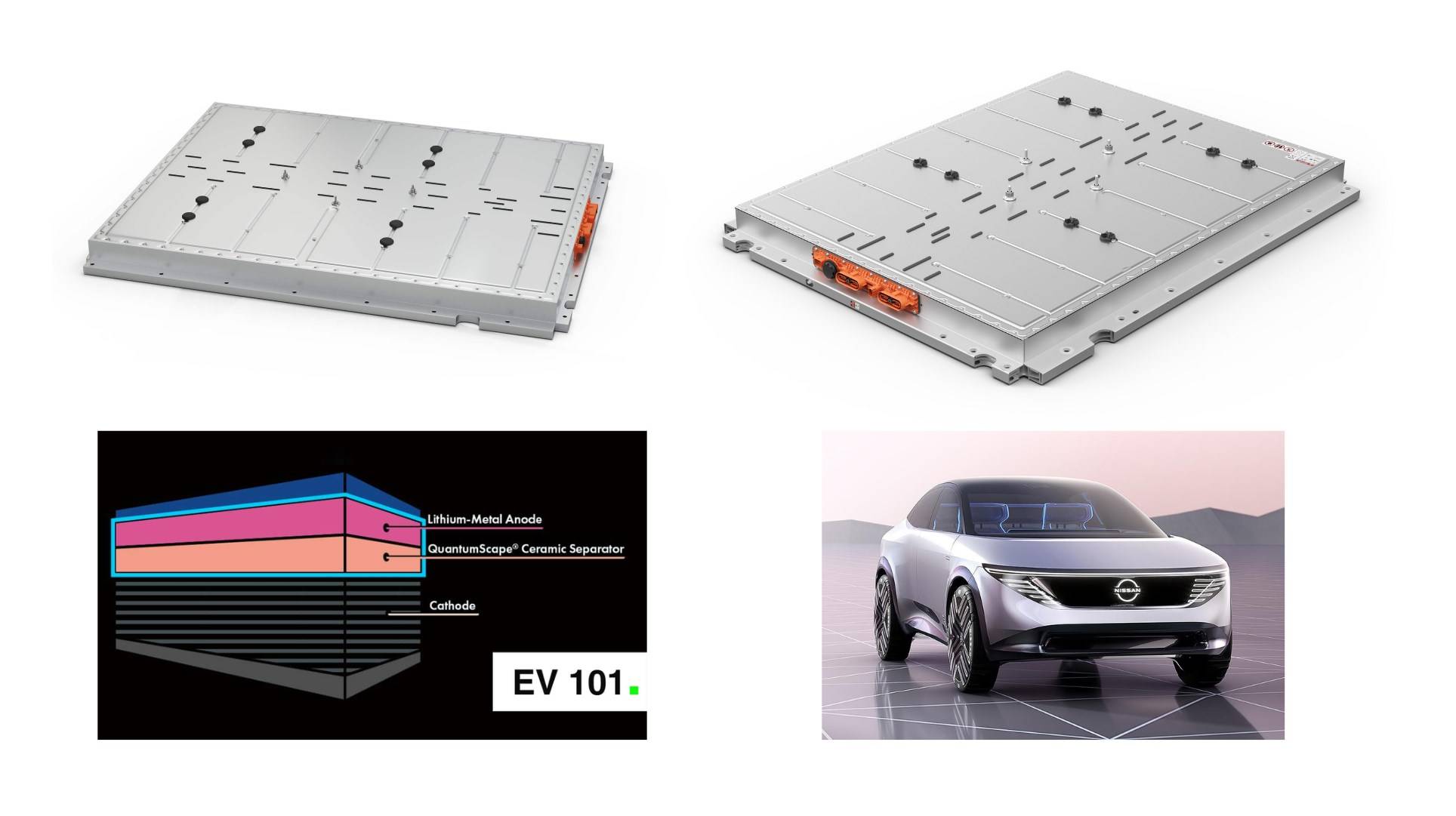As the world pivots towards greener alternatives and enhanced technological solutions, solid-state batteries stand out as a groundbreaking advancement in the electric vehicle (EV) industry. These next-generation batteries, which replace liquid or polymer electrolytes with solid electrolytes, promise to redefine what is possible in terms of performance, safety, and sustainability. In this comprehensive overview, we explore how solid-state batteries are set to revolutionize the electric vehicle industry, highlighting their superior advantages and the transformative impact they could have on both automotive technology and environmental sustainability.
Enhanced Safety: A New Standard for Battery Technology
Safety has always been a critical concern in battery technology, particularly with conventional lithium-ion batteries, which are susceptible to leakage, thermal runaway, and fires. Solid-state batteries address these concerns head-on by using a solid electrolyte that significantly mitigates these risks. The absence of a liquid or polymer electrolyte eliminates the possibility of leakage, while the solid electrolyte’s superior thermal stability prevents thermal runaway—a leading cause of battery fires. This enhanced safety profile makes solid-state batteries not only a safer choice for electric vehicles but also a more reliable option for a range of electronic devices.
Higher Energy Density: Driving Range and Efficiency Redefined
One of the most compelling advantages of solid-state batteries is their higher energy density. Energy density directly impacts the driving range of electric vehicles, a critical factor for widespread adoption. With a solid-state battery, electric vehicles can achieve greater mileage on a single charge compared to their lithium-ion counterparts. This enhancement is achieved through a more efficient energy storage mechanism, allowing for a larger amount of energy to be packed into the same amount of space. Consequently, electric vehicle owners will experience fewer range anxiety issues, making solid-state batteries a game-changer in promoting the adoption of EVs.
Faster Charging: Reducing Downtime and Enhancing Convenience
In addition to improved energy density, solid-state batteries offer faster charging capabilities. The rapid charge times associated with these batteries address one of the significant drawbacks of current EV technology—extended charging periods. By leveraging advanced electrolyte materials and optimized cell designs, solid-state batteries can reduce charging times to a level comparable to the refueling times of conventional vehicles. This development not only enhances the convenience for EV users but also supports the broader goal of integrating electric vehicles into everyday life seamlessly.
Longer Lifespan: Durability and Reliability
Battery lifespan is another critical factor where solid-state batteries excel. The solid electrolyte used in these batteries contributes to a longer operational life by reducing the wear and tear typically associated with liquid electrolytes. This durability translates into fewer replacements and reduced maintenance costs over the battery’s lifecycle. For electric vehicle owners, this means a more reliable and cost-effective solution, which further enhances the appeal of transitioning to solid-state battery technology.
Temperature Tolerance: Adapting to Extreme Conditions
The ability of solid-state batteries to perform reliably across a broad range of temperatures is another noteworthy advantage. Unlike traditional lithium-ion batteries, which can suffer from performance degradation in extreme temperatures, solid-state batteries maintain their efficiency and safety even in harsh conditions. This enhanced temperature tolerance ensures that electric vehicles equipped with solid-state batteries can operate effectively in diverse environments, from frigid winters to sweltering summers.
Environmental Impact: Paving the Way for a Greener Future
The environmental benefits of solid-state batteries extend beyond their operational efficiency. By enabling longer driving ranges, faster charging, and improved safety, solid-state batteries contribute to a reduction in greenhouse gas emissions and decreased reliance on fossil fuels. These advancements align with the global push towards a more sustainable and eco-friendly transportation ecosystem. As the automotive industry continues to seek solutions that mitigate environmental impact, solid-state batteries emerge as a key player in achieving these goals.
Challenges and Future Prospects
While the potential of solid-state batteries is immense, there are still several challenges that need to be addressed before they can achieve widespread adoption. These challenges include:
- Manufacturing Costs: The current production processes for solid-state batteries are more expensive compared to traditional lithium-ion batteries. Ongoing research and technological advancements are needed to reduce these costs and make solid-state batteries more economically viable.
- Scalability: Scaling up production to meet the demands of the automotive industry poses a significant challenge. Efforts to streamline manufacturing processes and enhance production efficiency are crucial for the successful commercialization of solid-state batteries.
- Material Challenges: Identifying and sourcing suitable materials for solid electrolytes remains a key area of research. Advances in materials science will play a crucial role in optimizing the performance and reliability of solid-state batteries.
Despite these challenges, the continuous advancements in research and development provide a promising outlook for the future of solid-state batteries. The collaborative efforts of researchers, manufacturers, and policymakers will be instrumental in overcoming these hurdles and unlocking the full potential of this transformative technology.
Conclusion: A New Era for Electric Vehicles
Solid-state batteries represent a significant leap forward in battery technology, offering a multitude of advantages that are poised to revolutionize the electric vehicle industry. With their superior safety profile, higher energy density, faster charging capabilities, longer lifespan, and enhanced temperature tolerance, solid-state batteries are set to redefine the standards for electric vehicles and portable electronics. As we move towards a more sustainable future, the role of solid-state batteries in reducing greenhouse gas emissions and supporting eco-friendly transportation solutions becomes increasingly vital.
As ongoing research and development efforts continue to address existing challenges, the future of solid-state batteries looks exceptionally promising. The transition to this advanced battery technology not only enhances the performance and safety of electric vehicles but also contributes to the broader goal of creating a cleaner, more sustainable world. The electric vehicle industry stands on the cusp of a transformative change, driven by the groundbreaking advancements of solid-state battery technology.



